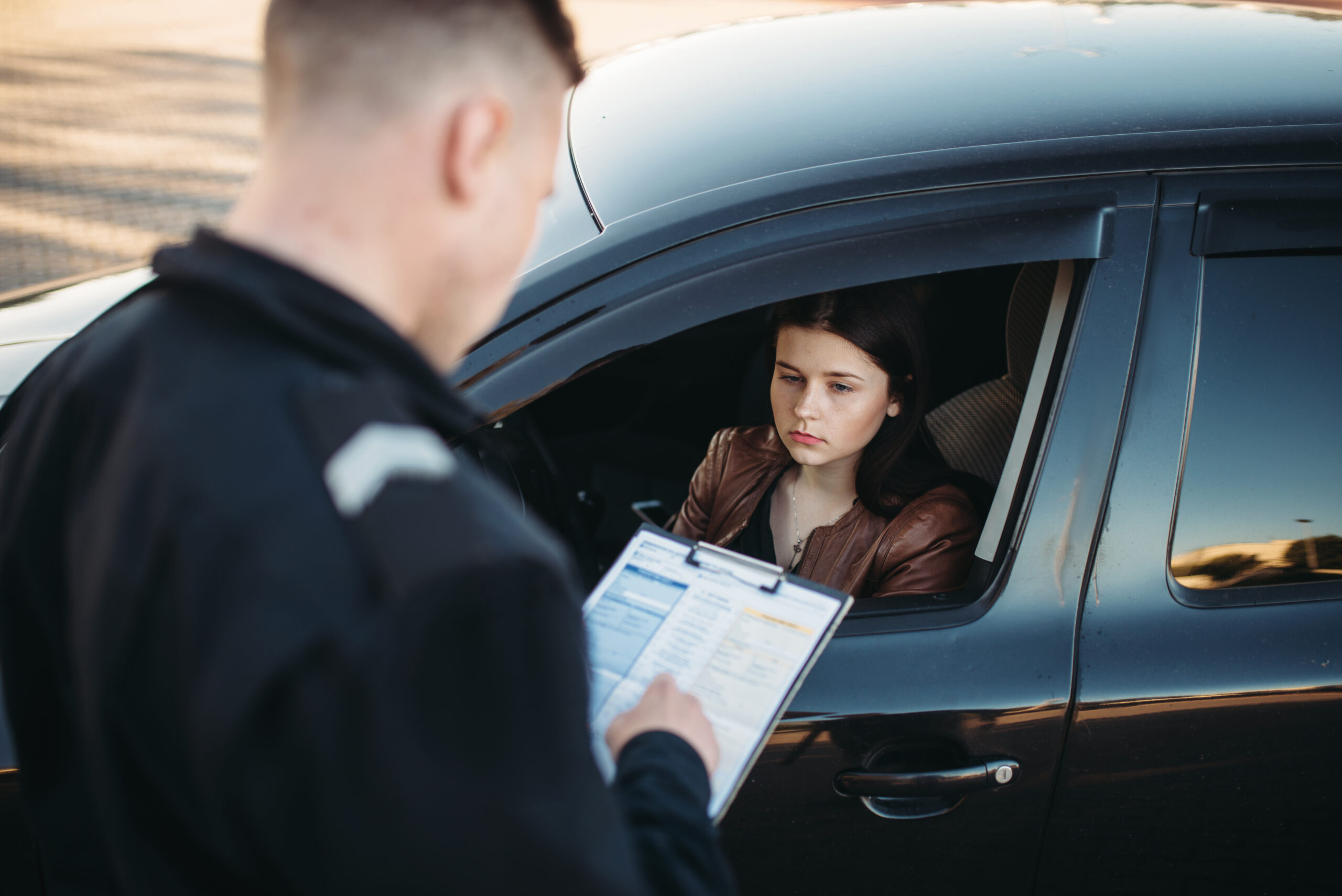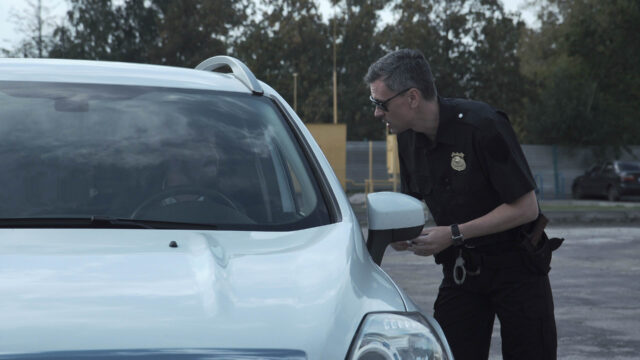During a traffic stop in Texas, understanding your rights and responsibilities is crucial. Please continue reading as we explore how to effectively assert your liberties and the importance of connecting with an experienced Dallas County Criminal Lawyer for guidance.
What Rights Do I Have During a Traffic Stop in Texas?
In Texas, individuals are afforded specific rights during a traffic stop, consistent with protections guaranteed across the United States. Both the U.S. Constitution and state law safeguard these rights, aiming to preserve individual freedoms and ensure equitable legal treatment.
The Fifth Amendment grants you the right to remain silent, as anything you say can be used against you in a court of law. While you are required to present your driver’s license, proof of insurance, and vehicle registration when requested, you are not obligated to answer any questions posed by an officer. Once you have provided this information, you should invoke your right to remain silent to prevent self-incrimination. However, you should do so in a respectful manner, informing them that you are not refusing to cooperate, but simply are choosing not to answer questions without legal representation.
Can the Police Search My Vehicle During a Stop?
Police authority to search a vehicle during a traffic stop is legally constrained to protect individual rights while allowing law enforcement to execute necessary duties. The Fourth Amendment generally prohibits warrantless vehicle searches unless specific exceptions apply.
One critical exception is probable cause, meaning an officer can conduct a warrantless search if there is a reasonable belief a crime has occurred and evidence is likely in the vehicle. The “plain view” doctrine is another exception in which an officer is permitted to seize illegal items or evidence if it’s visible from outside the vehicle. This can also justify further investigation. In addition, an officer can search a vehicle for weapons if they believe their safety is at risk.
Consent is a primary factor as well. If a driver consents, an officer can search a person or vehicle without a warrant. Drivers have the right to refuse consent, and this refusal cannot be used to justify a search. However, once consent is granted, challenging the admissibility of evidence uncovered can be challenging.
Can I Refuse to Participate in Field Sobriety Tests?
If you are pulled over for suspicion of driving while intoxicated (DWI), the officer will likely ask you to perform field sobriety tests and may require you to submit to chemical testing. In Texas, operating a vehicle on public roads signifies your “implied consent” to a breathalyzer test. Refusing a lawful request for chemical testing can lead to penalties such as license suspension and fines, separate from a DWI conviction.
However, you have the right to decline field sobriety tests without legal repercussions. These tests can be influenced by factors other than alcohol. While declining these tests won’t prevent a DWI arrest or charge, an officer may still have sufficient grounds for an arrest based on observations and other evidence of impairment. If you are uncomfortable with performing these, you should politely decline to participate.
As you can see, understanding your rights during a traffic stop in Texas is crucial. At Spangler Law, we are prepared to help you identify any procedural errors or violations of your rights that can be used in your favor. Connect with our firm today for more information.



